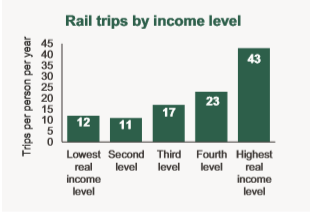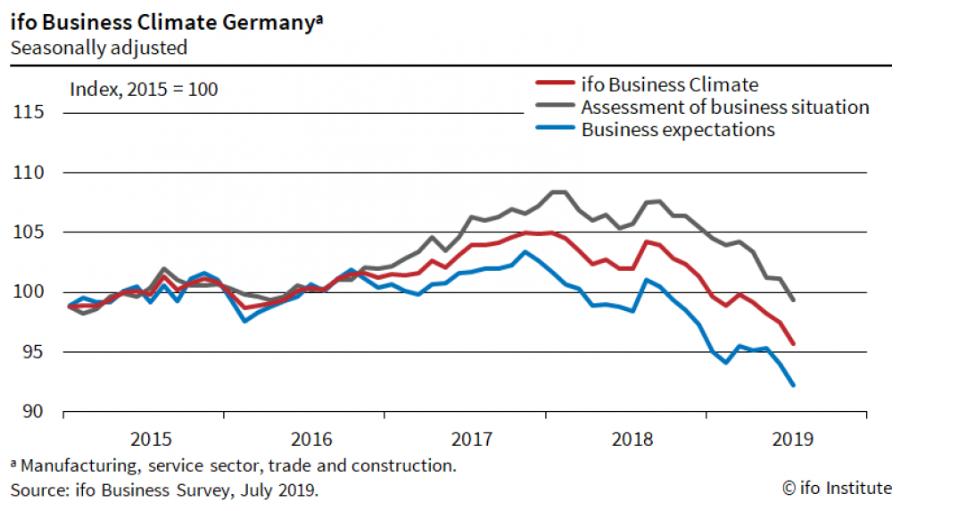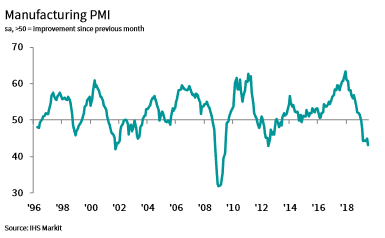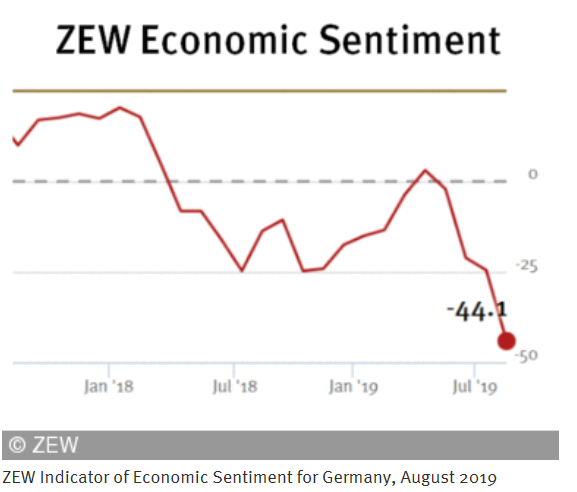
FWIW, I’ve been comparing my UK economic forecasts with those of the #OBR. There is a much more positive story than the Chancellor told in Wednesday’s #SpendingReview #SR20 📢
Let’s start with the near-term outlook… (1/8)
Let’s start with the near-term outlook… (1/8)
The #OBR assumes that the economic impact of #lockdown2 will be ‘three-fifths’ that seen during the first lockdown, when #GDP fell by 25% in March and April. This means that lockdown2 would take the level of #GDP back to 15% below its pre-Covid peak… (2/8)
Given that #GDP was 8.2% lower in September than February, and assuming little change in October, this is consistent with a fall of around 7% m/m in November, which is what’s in the #OBR’s ‘central forecast’. This seems about right to me... (3/8)
But thereafter, the OBR’s ‘upside scenario’ (summarised below) is closest to my view. The economic costs of being in either Tier 1 and 2 are small. Your social and family life may be constrained, but most economic activity can continued as normal. (4/8) 

The main difference in Tier 3 is the additional hit to the #hospitality sector, but this is only a small part of the overall economy: ‘accommodation and food services’, which includes pubs and restaurants, is about 3% of #GDP. (5/8)
#Hospitality is relatively labour-intensive, but the blow here should be cushioned by the #furlough scheme. The latest ONS Business Impact of Coronavirus Survey suggests that the number of people on furlough has already jumped from about 2½ million to 4 million. (6/8)
As restrictions are gradually lifted, my latest forecasts (below) see economic activity recovering relatively quickly next year. Like the OBR’s ‘upside scenario’, #GDP returns to pre-Covid levels by end-2021 and #unemployment remains relatively low. (7/8) 
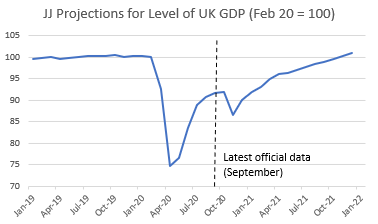
Crucially, there would be no significant long-term scarring either to the economy or public finances, other than a step increase in the level of debt. There is also no need for tax rises, penny-pinching, or dire warnings that ‘our economic emergency has only just begun’... (8/8)
• • •
Missing some Tweet in this thread? You can try to
force a refresh

